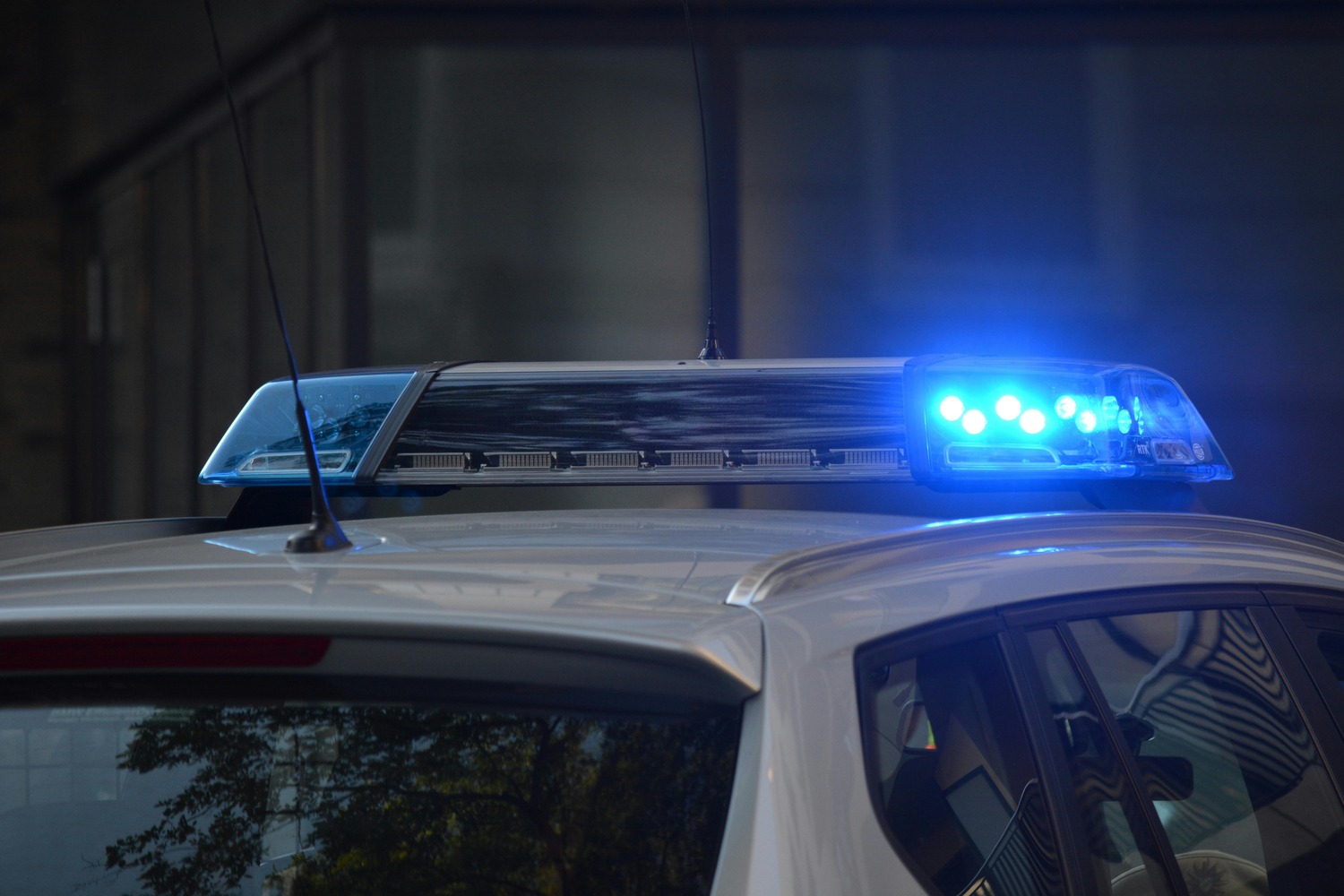Once upon a time, reacting to an emergency meant snapping into action—calling 911, applying first aid, or grabbing supplies without hesitation. Today? We hesitate, freeze, or panic. We fumble for our phones. We Google instead of responding.
Emergencies are more frequent and unpredictable than ever. Yet many of us find ourselves less equipped to handle them. It’s not just about lacking first aid training. It’s about how modern life has reprogrammed our instincts and overwhelmed our ability to act under pressure.
Here are six key reasons we no longer know what to do in an emergency and what that means for our safety and resilience.
1. We’ve Outsourced Critical Thinking to Technology
GPS tells us where to go. Google tells us how to stop bleeding. YouTube teaches CPR. That’s great…until the moment your phone dies, the Wi-Fi is down, or your hands are too shaky to type.
Our dependence on smartphones has quietly replaced skills we once learned by doing. Instead of knowing what to do, we now rely on devices to think for us in real time, creating a dangerous gap in response time during actual emergencies.
Imagine a house fire where your instinct is to search for “what to do in a fire” instead of grabbing the extinguisher or running for the exit. When every second counts, tech dependence can cost lives.
2. We’ve Lost Practice in Real-World Crisis Response
Fire drills, emergency broadcasts, and “duck and cover” routines were once a part of life. Now, emergency training is minimal unless you’re in law enforcement, healthcare, or disaster response.
The average person hasn’t rehearsed what to do during a power outage, active shooter scenario, or major storm. Without repetition, panic takes the wheel. We freeze, not from fear, but from unfamiliarity. Preparedness is a muscle. And like any muscle, it weakens when it’s not used.
3. Information Overload Makes Us Numb
We’re constantly bombarded with disasters—school shootings, wildfires, hurricanes, wars, floods, cyberattacks. News of emergencies is no longer shocking; it’s routine. And that’s a problem.
This constant exposure breeds a sense of helplessness or even apathy. Psychologists call it “crisis fatigue.” When every headline is a red alert, our brains stop treating anything as urgent. So when a real emergency strikes us personally, we often underreact or delay. It’s not that we don’t care. We’re simply too used to being overwhelmed.

4. Community Trust and Coordination Have Broken Down
Emergencies aren’t handled in isolation. They rely on communities working together. But trust in neighbors, law enforcement, and public institutions has eroded over time.
Instead of relying on each other, people often hesitate, worry about liability, or assume someone else will step in. The “bystander effect” grows stronger in environments where people feel disconnected or distrustful. In the past, communities ran to each other in a crisis. Today, we’re more likely to retreat or film it for social media.
5. Survival Skills Aren’t Taught Anymore
Basic emergency skills, like how to use a fire extinguisher, stop a wound from bleeding, or purify water, used to be common knowledge. But as life has become more convenient and urbanized, those skills have quietly disappeared from the average household.
Most people today couldn’t tell you where the water shutoff valve is, how to start a fire without a lighter, or how to make an emergency plan with their family. It’s not ignorance. It’s neglect. Our modern lifestyle rarely demands these skills, so they aren’t passed down. But in a crisis, that gap becomes deadly.
6. We Don’t Trust Our Own Instincts
Perhaps the most dangerous shift of all is that we’ve stopped trusting ourselves. Faced with a crisis, we second-guess, doubt, and overthink.
-
“Should I intervene?”
-
“What if I make it worse?”
-
“What if I look stupid?”
Rather than act, we hesitate, sometimes fatally. Social anxiety, fear of legal consequences, and the pressure of “doing it right” prevent many from taking action when it matters most. In reality, doing something is almost always better than doing nothing. But modern conditioning has made the fear of error more powerful than the drive to help.
Preparedness Isn’t Paranoia. It’s Power
Emergencies don’t care if you’re overwhelmed, untrained, or unsure. They just happen. And the people who respond effectively? They don’t rely on luck. They rely on practice, preparation, and instinct.
It’s not about living in fear. It’s about regaining control and learning simple responses, running through scenarios, and trusting yourself again. Whether it’s learning CPR, stocking a basic emergency kit, or discussing safety plans with your family, start now. Because when an emergency hits, you won’t have time to Google your way out of it.
Have you ever been in an emergency where you felt frozen or unprepared?
Read More:
The Truth About Uber Safety — What Drivers & Riders Should Know
13 Safety Recalls You Should Never Ignore
Riley is an Arizona native with over nine years of writing experience. From personal finance to travel to digital marketing to pop culture, she’s written about everything under the sun. When she’s not writing, she’s spending her time outside, reading, or cuddling with her two corgis.
Read the full article here
















